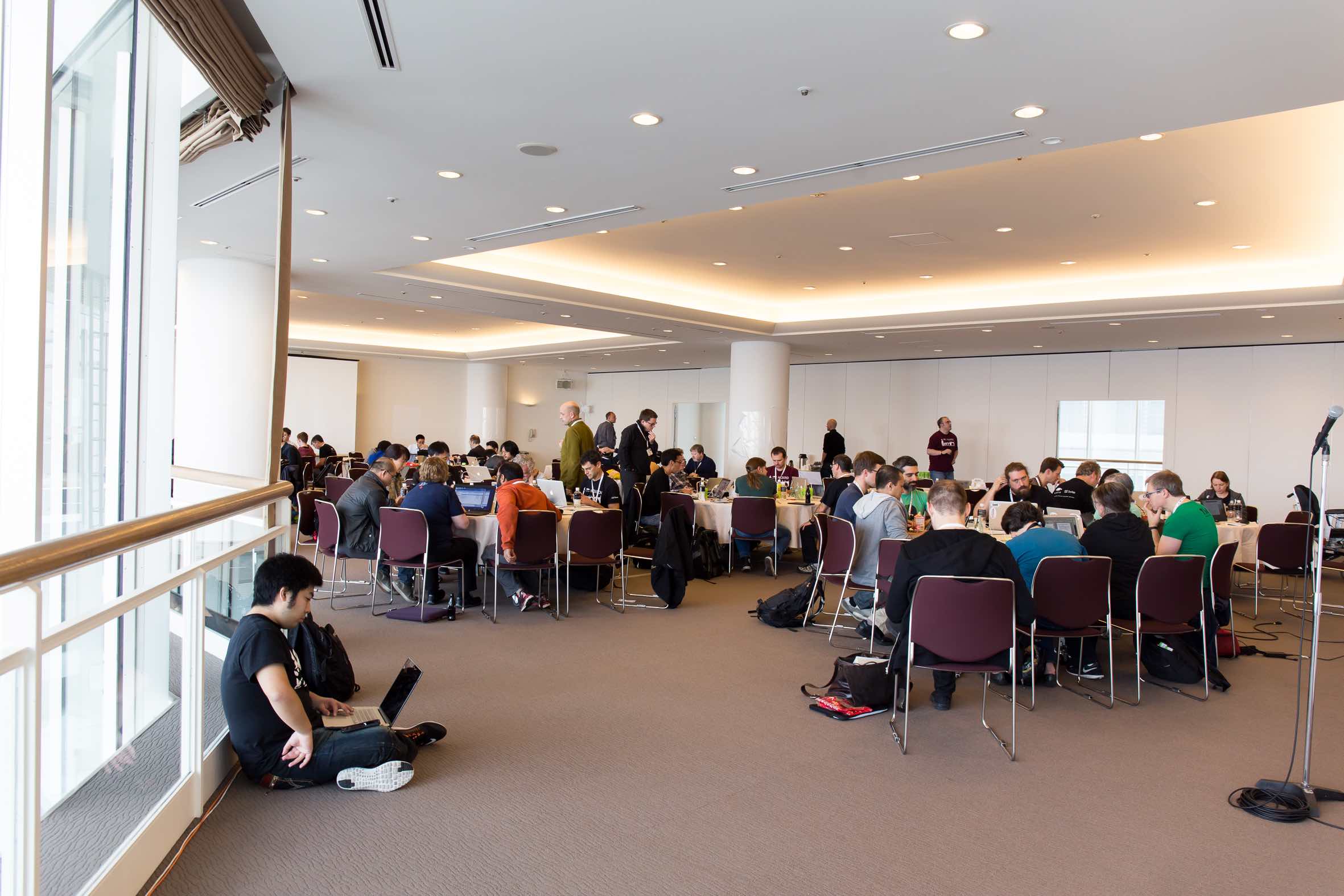
The Internet Engineering Task Force (IETF) is the home for the Internet. Over the years, the IETF has developed and refined and the core technologies required to run the Internet on which most of us rely for much of what we do every day. Today, the IETF works to make the Internet work better and more securely. Such work is useful for the Internet only if the IETF can “… produce high quality, relevant technical and engineering documents that influence the way people design, use, and manage the Internet …” [RFC3935]. A resulting requirement of this is that the IETF be responsive in the face of changes in technology shifts and trends to corresponding user community. This need to explored in detail in a recently published paper titled IETF Trends and Observations, draft-arkko-ietf-trends-and-observations.
One particular trend noted in this paper is the importance of open source software. There is a growing recognition in the IETF of the value and need for active collaboration with open source communities, combining the respective strengths of open source and open standards in ways that creates value for the entire network engineering community.
One way the IETF is addressing this need is with IETF Hackathons. The first IETF Hackathon, proposed, sponsored and run by Cisco DevNet,  was held as part of IETF 92 in Dallas in March 2015. Since then, each IETF meeting has included a hackathon. Next up is the IETF 95 Hackathon in Buenos Aires, April 2-3, 2016.
was held as part of IETF 92 in Dallas in March 2015. Since then, each IETF meeting has included a hackathon. Next up is the IETF 95 Hackathon in Buenos Aires, April 2-3, 2016.
The IETF hackathon encourages developers to discuss, collaborate and develop utilities, ideas, sample code and solutions that show practical implementations of IETF standards. Efforts are not limited to existing standards; in fact, work with emerging and evolving proposals are welcomed and encouraged. One goal is increased emphasis on running code in parallel with developer new standards, such that what is learned through early implementation efforts can be fed back into the standards development process. Another goal is providing a cultural experience in which contributors to open source and open standards come together, meet each other, and gain insights on each other’s work.
This hackathon, as with all previous ones, is organized by Cisco DevNet, with funding graciously provided by Huawei.
The current set of technologies and projects include:
- DNS, DNSSEC, DANE, DTLS-ver-(D)TLS
- Interactive Connectivity Establishment (ICE)
- Network Based Metrics Analytics
- NETCONF, YANG, I2RS, OpenDaylight
- NETVC
- Vector Packet Processing (VPP/FD.io)
- TLS 1.3
- SCTP
Additional technologies and projects are still being added and new proposals are welcome. See the participant wiki for all the latest updates. You can also check out who has signed up and for what.
Over 75 participants are already registered. The final number is expected to be close to 100.
Registration is required, but it is also free. Participants are welcomed and encouraged to register for the IETF 95 meeting that follows, but doing so is completely optional.
Feel free to comment here or contact me directly (Charles Eckel, eckelcu@cisco.com) with any questions. I hope to see you in Buenos Aires!
SAVE THE DATE: If you missed the hackathon in Buenos Aires, the next IETF Hackathon will be at IETF 96 in Berlin, July 16-17.
